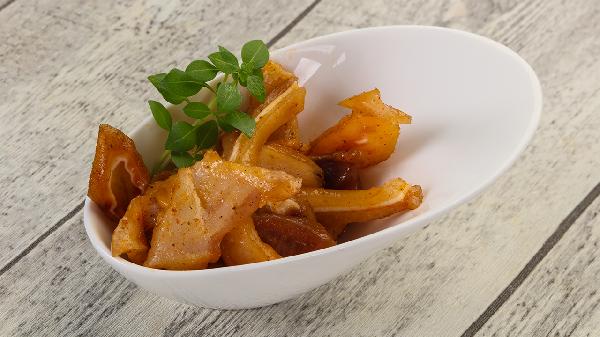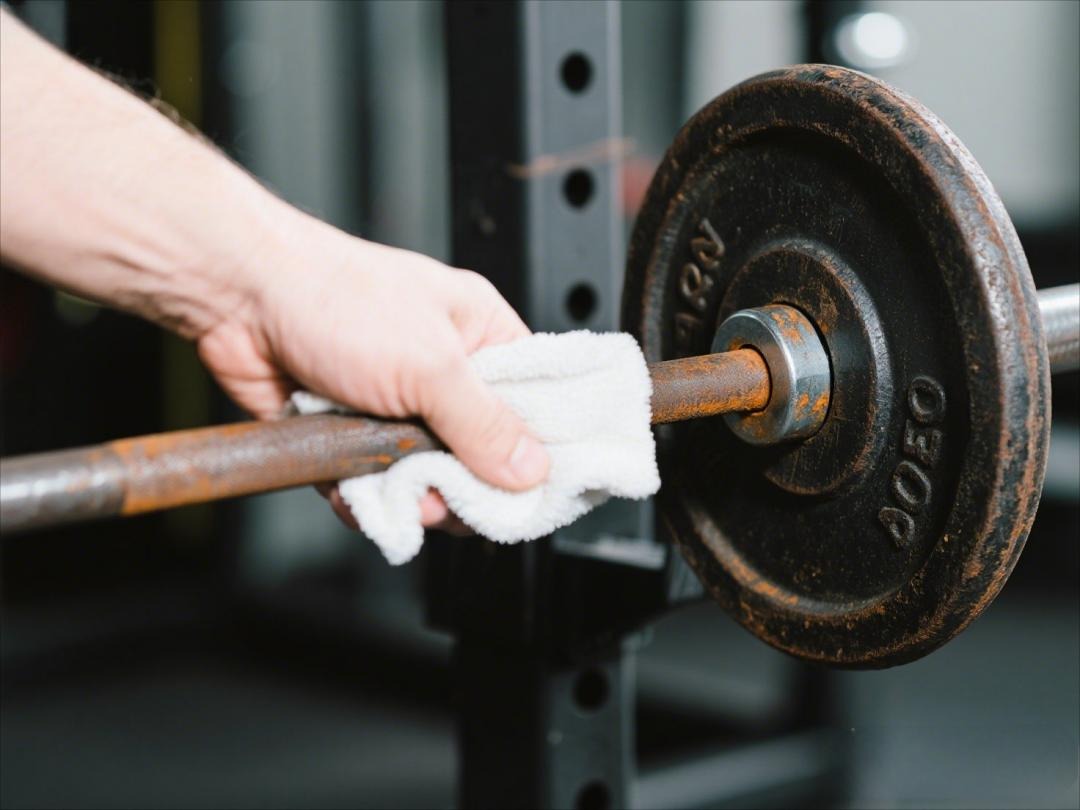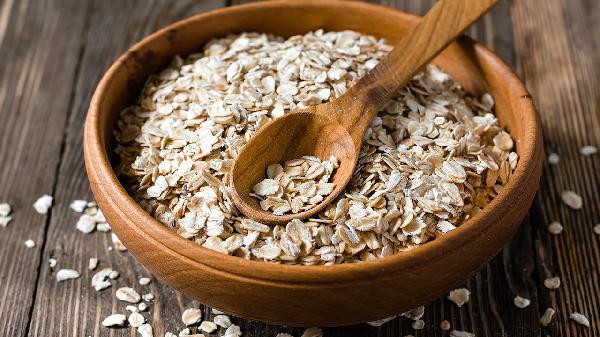If you're hitting the gym hard but not seeing the gains you want, your macros might be the missing piece of the puzzle. Building muscle isn't just about lifting heavy—it's about fueling your body with the right balance of protein, carbs, and fats to maximize growth and recovery. Think of macros as your muscle-building blueprint—mess them up, and you're basically spinning your wheels. Nail them, and you'll be flexing in the mirror sooner than you think.

Protein: The Building Block of Gains
Protein is the MVP when it comes to muscle growth. It repairs the micro-tears in your muscles caused by lifting, helping them grow back bigger and stronger. Aim for 1.0 to 1.2 grams of protein per pound of body weight if you're serious about packing on size.
But not all protein is created equal. Lean meats like chicken, turkey, and fish are solid choices, but don’t sleep on plant-based options like lentils, tofu, and quinoa—especially if you're trying to keep things clean. And yeah, protein shakes are convenient, but whole foods should always be your go-to.
Carbs: Your Energy Powerhouse
Carbs get a bad rap from the keto crowd, but if you're trying to build muscle, they're your best friend. They fuel your workouts, replenish glycogen stores, and even help shuttle protein into your muscles more efficiently. Aim for 2 to 3 grams of carbs per pound of body weight, depending on how intense your training is.
Go for complex carbs like sweet potatoes, brown rice, and oats—they digest slower and keep your energy levels steady. But post-workout? Simple carbs like white rice or a banana can help spike insulin (in a good way) to speed up recovery.
Fats: The Unsung Hero of Hormones
Fats often get overlooked, but they play a crucial role in hormone production—including testosterone, which is key for muscle growth. About 20-30% of your daily calories should come from healthy fats. Think avocados, nuts, olive oil, and fatty fish like salmon.
Just don’t go overboard—fat is calorie-dense, and too much can easily push you into a surplus you didn’t plan for. Balance is everything.
Putting It All Together
Now that you know the basics, let’s talk strategy. A solid starting point for muscle growth is:
But here’s the thing—everyone’s body responds differently. Some people thrive on higher carbs, while others do better with more fats. Track your macros for a few weeks, adjust based on how you feel and perform, and fine-tune as you go.
Timing Matters (But Not as Much as You Think)
You’ve probably heard about the "anabolic window"—the idea that you need to slam a protein shake the second you finish your last rep. While post-workout nutrition is important, it’s not as urgent as some fitness gurus make it seem. As long as you’re hitting your daily macros, your muscles will get what they need.
That said, eating a balanced meal with protein and carbs within an hour or two of training can help speed up recovery. And if you’re training fasted, a quick-digesting protein source (like whey) can help kickstart the repair process.
Supplements: The Icing on the Cake
Creatine, BCAAs, and pre-workouts can give you an edge, but they’re not magic bullets. Focus on nailing your macros first—then add supplements if you want that extra boost. Creatine, for example, is one of the most researched and effective supplements for strength and size, but it won’t do much if your diet is trash.
The Bottom Line
Building muscle is a mix of smart training, solid recovery, and dialed-in nutrition. If you’re not tracking your macros, you’re leaving gains on the table. Start with the basics, adjust as needed, and stay consistent. The mirror (and your gym buddies) will notice the difference. Now go eat, lift, and grow.
























